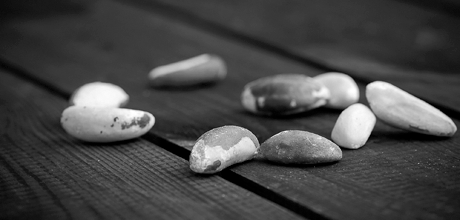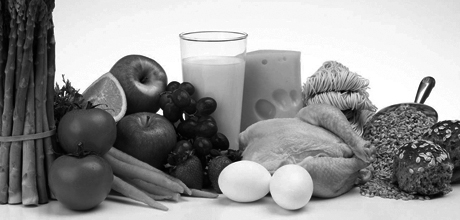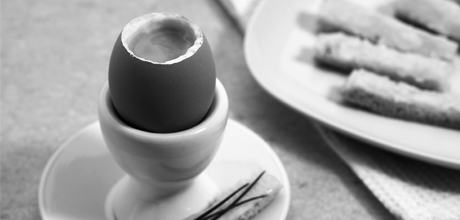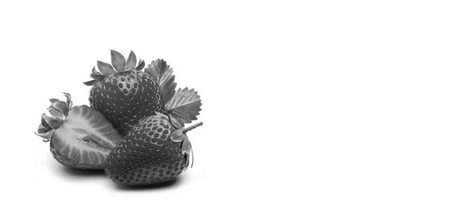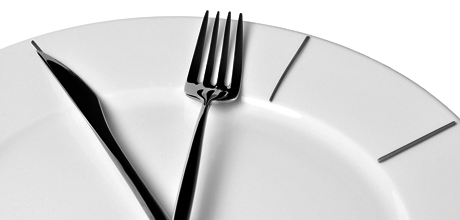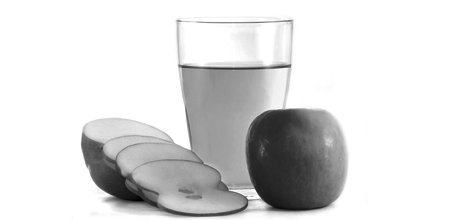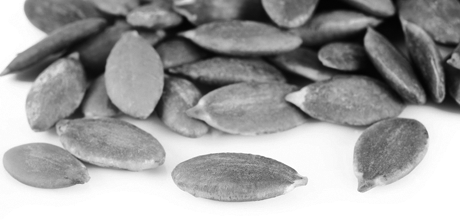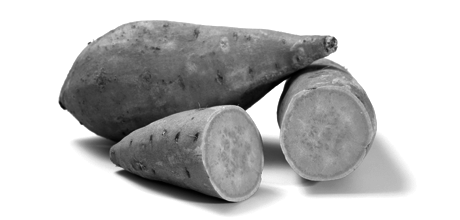
Last month I posted an article explaining which foods you can fill up on to see an improvement in your hair health. Here are some more foods you can try adding into your diet to help you achieve lovely locks!
Fill up on beans for longer lengths:
Zinc is also an important mineral for lovely locks. It helps maintain hair condition and is involved in the metabolism of proteins, carbohydrates and fats, and influences hair follicles and hair growth. A deficiency of zinc can lead to brittle hair and hair loss. Food providing zinc include beef shellfish, dairy foods (especially cheese), eggs, beans and chickpeas, bread, wholegrain cereals, nuts and seeds such as pumpkin seeds.
Avoid breakage with sweet potatoes:
You might often noticed biotin mentioned in hair supplements. This vitamin is crucial for hair health, acting like a catalyst in the production of keratin, the protein that forms the hair shaft. Without enough biotin, hair can become brittle and prone to breakage, and growth may be hampered. Thankfully, biotin deficiency is rare, and incorporating foods like eggs, nuts seeds, sweet potatoes and mushrooms into your diet can help maintain healthy levels.
Protect your locks by eating olive oil:
Vitamin E can protect cells from damage. It helps to provide protection to hair from the negative impact of strong sunlight, pollution, smoke and chemicals. It may also help prevent scalp dryness. Good sources include plant oils such as rapeseed oil, olive oil and sunflower oil, nuts and seeds and wheatgerm (found in cereals and cereal products).
Eat the rainbow for all round hair health:
Eating a variety of colourful foods is vital for her health. It’s important to increase antioxidant consumption to maintain a healthy scalp and hair. The easiest way to do this is to aim to eat at least one serving per day from each colour group – red, orange/yellow, green and blue/purple. This way you’ll get the full spectrum of powerful antioxidants such as resveratrol, chlorophyll, beta carotene and anthocyanins.
